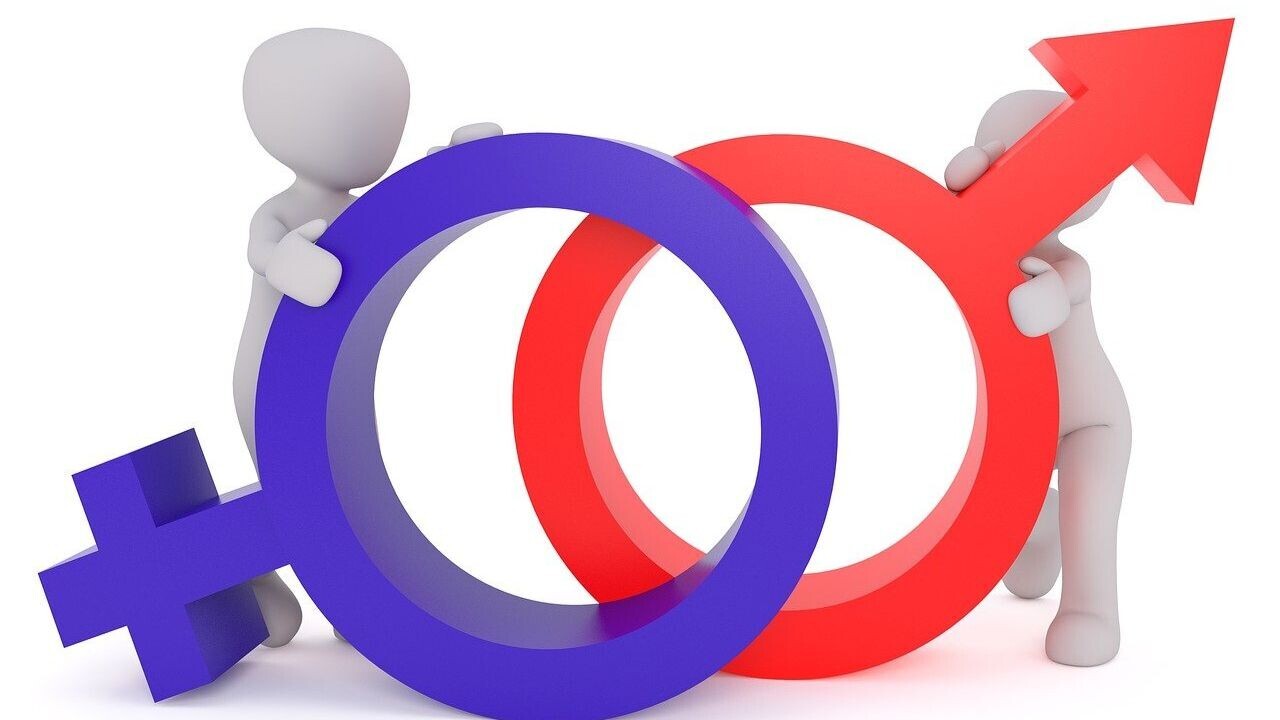
It’s been 66 years since the EU first introduced the principle of equal pay for male and female employees conducting work of equal value. Yet, the gender pay gap stubbornly persists in the bloc. Women earn, on average, around 13% less than men, with significant variations among member states.
To narrow this gap, the European Parliament and Council recently approved a set of new rules that establish binding pay transparency measures. For the first time in the union’s history, this legislation also tackles intersectional discrimination (on the combined basis of ethnicity, race, religion, etc.) and addresses the rights of non-binary individuals.
“This legislation makes it crystal clear that we do not accept any kind of gender pay discrimination in the EU,” said Kira Marie Peter-Hansen, rapporteur of the Employment and Social Affairs Committee.
The directive will apply to all workers with a legal employment contract, collective agreement, and practice in force, as well as to all employers in the public and private sector.
For some companies, this landmark law might simply (and hopefully) mean the normalisation of existing practices; for others, it might require a systematic change. But what exactly does it entail?
1. No more pay discrimination
Employers must ensure that their pay structures don’t reflect gender-based differences between employees who perform the same work or work of equal value. This concerns not only salaries, but also any type of benefit, such as bonuses and travel expenses.
To help companies (and especially startups and SMEs), member states should provide employers with training and tools to assess the value of work based on four objective criteria: skills, efforts, responsibilities, and working conditions.
2. Full-on pay transparency
The new rules require companies to inform job seekers about the starting salary or pay range of open positions, either in the job description or ahead of the interview. Employers, however, won’t have the right to ask about the candidates’ pay history.
Workers will also be entitled to information about their individual and the average pay levels — broken down by sex — for work of equal value. In addition, they’ll have access to the criteria used to determine pay and career progression, which must be objective and gender-neutral.
Member states can exempt employers with fewer than 50 employees from this obligation and allow them to make these criteria available only upon request. But in any case, they should provide ready-made templates to reduce administration hurdles for micro-enterprises and SMEs.
3. More justice for the employees
The burden of proof for pay-related disputes will no longer fall on the employee.
“It is particularly important that [this] has shifted from the employee to the employer when a charge of gender pay discrimination is brought,” Yoko Spirig, co-founder and CEO of Swiss startup Ledgy, told TNW.
“Companies now have to prove that there is no discrimination when challenged, rather than the employee having to prove the presence of discriminatory practices. This step is welcome and sends a clear signal to companies to get their pay data and processes in order now.”
Employees who’ve suffered gender pay discrimination can also claim and receive compensation, including full recovery of back pay, related bonuses, and payments in kind.
4. Report, report, report
Under the directive, companies with more than 250 employees will have to report annually on their gender pay gap. This falls to every three years for a headcount between 150 and 249, and to every eight years for an employee number between 100 and and 149.
Member states can exempt companies with fewer than 100 workers, or choose to oblige them as well.
If the reporting reveals a gap of more than 5% that can’t be justified by objective, gender-neutral criteria, then they’ll need to do a joint pay assessment in cooperation with the employees’ representatives.
The assessment’s aim is to identify problems and implement solutions that will eliminate gender pay discrimination.
5. Beware of the penalties
Employers who break the rules will face “effective, proportionate, and dissuasive penalties,” such as fines and even revocation of public benefits.
“I particularly welcome the proposal to penalise firms which fail to act on their gender pay gap as it’s imperative that companies stop resting on their laurels — complacency will get us nowhere,” Jenny Keisu, CEO of Swedish eboat maker X Shore, told TNW.
Keisu emphasised that all companies should be tracking the gender pay gap “as any other important KPI” even more regularly than the legislation proposes.
What are the next steps?
The rules will come into effect 20 days after their publication in the EU’s Official Journal — which is still pending. They’ll apply to all employers in the union, even though smaller ones (micro enterprises, startups, and SMEs) will initially have fewer obligations and more help from member states.
As this is a directive, EU countries get some freedom around how they’ll choose to apply the rules and they have three years to put them in place.
“It’s heartening that the European Parliament is taking a stand and cementing that change needs to happen sooner rather than later,” said Marta Sisí Jiménez, Head of HR at Freepik Company, a Malaga-based scaleup.
“[Especially] for Europe’s proliferating startups looking to expand, these new rules establish clear guidelines around an issue that previously lacked clarity,” she told TNW.
But this historic — and imperative — change might not come without challenges. Jiménez noted the potential resistance from founders who are already navigating a difficult landscape, with shrinking investment and increasing regulations.
David Perez, VP of Stakeholder Relations at Cabify, pointed to another possible challenge: the validity of the required data.
“It must be taken into account that in the analysis of the gender gap, many factors can distort the data, such as the number of women and men in one department versus another,” Perez told TNW. “Thus, we believe that it is vitally important to perform an ad hoc analysis of each job, so that a person is not sought for their gender but for what they can contribute to the job.”
But regardless of any challenges, the benefits of securing equal pay are large and far- reaching: from establishing equality and social justice, to bolstering business performance and strengthening the economy.
From the point of view of the startup ecosystem in Europe, the new rules also promote a level playing field.
“This regulation will begin to shape a labour market in which large companies and SMEs will compete on the same terms for talent, with the same rules,” Perez noted. “A labour market in which this data will begin to be reported in a unified and common way among all companies.”
Get the TNW newsletter
Get the most important tech news in your inbox each week.





